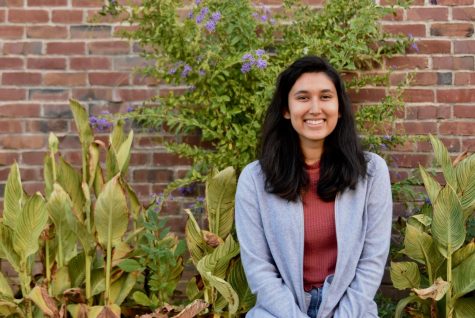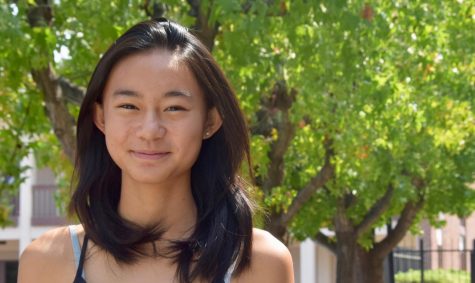In times of war: reflecting on the Vietnam War
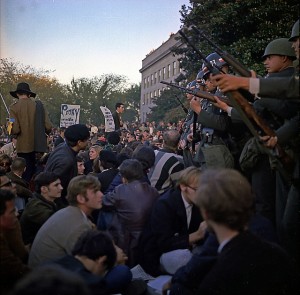
College students protest against the Vietnam War. Prinz was one of these individuals 50 years ago.
March 7, 2018
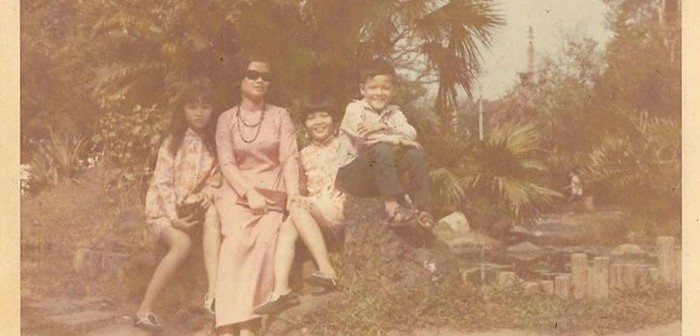
El Estoque: Could you tell me about your experience during the Vietnam war protests at UC Berkeley and what you learned from it?
Richard Prinz: I came from Fresno, so going from there to Berkeley was a big change. My second, third and fourth year were all fraught with demonstrations. A state of emergency was imposed on the campus and surrounding area so that meant you couldn’t be out after nine o’clock. There were times there [were] police stationed on every corner near the campus. There was barbed wire in the streets and the national guard. I lived in a dorm a block from Sproul Plaza [the site of various social protest at Berkeley during the Vietnam War], and I could look down and see this barbed wire and [the] police with fixed bayonets. So that was the kind of atmosphere.
RP: The Alameda County sheriff had blue overalls on, and they had two thousand John Doe warrants, so they could arrest anybody for anything — they didn’t have to have a reason. And they would drive down the street and sometimes just throw tear gas out of their car, just to put a damper on everything. My campus life was very unsettled. Some professors would say, ‘I can’t ask you to come on campus, it’s too dangerous, so here’s a book list, read the books, write a paper, turn it in to me.’
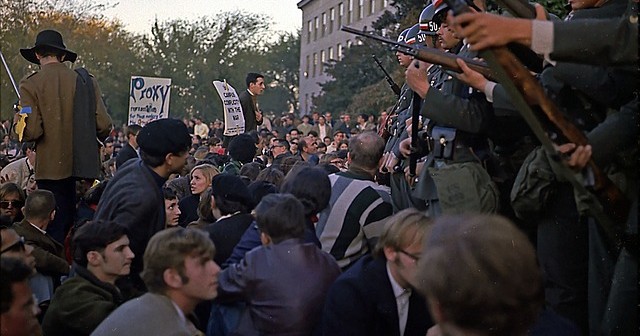
RP: One day I decided I would get into this march where there were people in Sproul Plaza protesting with signs, walking around in a circle, which was illegal. They had made every group of three or more a group that they could break up and arrest people. I decided that this [cause] was really worthwhile; I had forgotten about that. I didn’t even get around the circle, and somebody yelled police and I ran. I ran up into the student union. It’s several stories high, like 10 or more. I just ran up all the stairs to get away. And I looked down and I saw police chasing people with their billy clubs. They would chase people and grab them. One day I was walking back to my dorm after I’d been away during that day — there had been a lot of protests — and all of a sudden I was crossing the street and the tear gas was still in the air from the day [but] you can’t see it. And I was blinded and I remember going down on a knee; somebody came and helped me back onto the sidewalk and it kind of cleared up and I was okay. A lot of that [protest] was the Vietnam War. It was very hard.
RP: In retrospect, I was really happy for the experience because it really woke me up to the world and what’s important [aside from] just grades and studying for classes and getting a job. And also later it showed [how during] the Vietnam war there were a lot of lies, like Watergate and the Pentagon Papers, and that Nixon was kind of a crook.
RP: [There] was a worldwide social movement at the time, and it was amazing to see people, instead of just going along the treadmill and getting stressed out and blaming themselves for how they were feeling, [see] that there was something that needed to be changed in society, and then actually tried to do something about it. I didn’t like the violence, so that kind of led me to the question [of] how [to] make social change without violence. So that led me to traveling after university and finding meditation and getting involved with that; it was a very transformative experience. So although it was troublesome and painful, I was fortunate to be there at that time.
EE: What motivated you to participate in the protests?
RP: I was born in 1949 [after] World War II had happened, so I knew about that. My dad had served, and then there was the Korean War and now here’s the Vietnam War. And so my meditation teacher pointed out that perhaps if we hadn’t been brought up in all these wars and all this tension and all this threat of nuclear war, then maybe we wouldn’t have been pacifists. But it got us to say wars are no good; it’s not good to be treating each other this way. So I think I had that in me. I didn’t like fighting, I didn’t fight in high school, so that was a big question I left university with: how do you change society without violence?
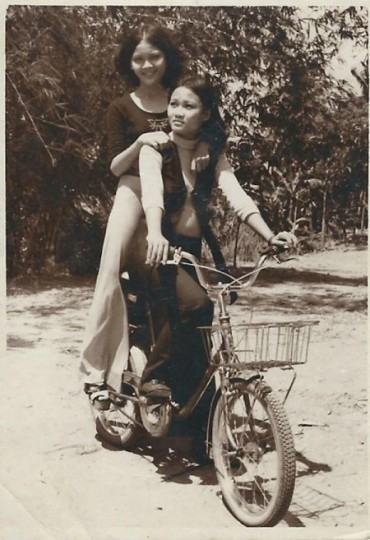
El Estoque: How old were you at the time of the Vietnam War?
Tu GUSTAFSON: I was born when the war was already happening. I was born in 1957 in the South [of Vietnam]. My parents were from the North, and they escaped in 1954 going South, so I was born a few years after that.
EE: How did your parents escape from the North?
TG: When my parents escaped, my father was actually captured by the Communists. They came and they took him away, and put him in jail to try to execute him. But you know, he was lucky because one of the servants there helped him. [Once] he escaped from there, he came home and said goodbye to my grandmother. [When] my grandmother passed away, they had a funeral and everything, and escaped with my brothers and sisters to a refugee camp where [my moms, my siblings and dad] found each other again.
EE: What was your family’s experience living and going to the refugee camp?
TG: I was told that my mother put all her jewelry on her, if she had bangles or rings, she put it on herself and layers and layers of clothing on herself and on her children and escaped to the camps. When she reached the South, she sold all her jewelry to buy food for the entire family. And then my father joined the army, so the life at the time is of course very hard because the ladies have no choice [but] to do everything, to buy food for the children with whatever they have.
EE: What was your first experience with the war?
TG: I had no taste of war until 1968, when the communists attacked Hue. 1968 was the year of the monkey, and the name is: mau phan. They attacked us on the New Year, which in our tradition, means celebrating the first three days of the year with relatives and family members. That is the best day of the year. It is part of our culture, but the North took advantage of that. Nobody prepared for war or anything like that, so of course we were murdered. I remember, no markets were open. Everybody stayed inside the house, everybody was very quiet, people [hid] because of the shootings and the bombings. I remember the neighbors were screaming and crying and yelling because they saw a body float up from the water, and that was one of the neighbors killed by the communists.
EE: When Saigon fell in 1975 at the hands of communist soldiers, how did you feel?
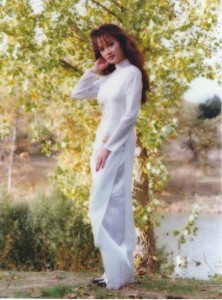
TG: That was a bad day. My sisters were working for the American embassy at the time, so they were informed that they would get to leave Vietnam. My dad said to us that we, meaning his children, should all leave because we cannot live with the communists. I was 18 at the time, still too young to know much, so it didn’t get to my head that I would be leaving Vietnam without my parents. I was just a child; I thought “I will be wherever my parents are,” so I didn’t think he was being serious.
TG: When we were about to leave, I remember crying a lot because now I knew he was serious, that my father was not gonna come with me. All your life, you have your parents with you, and all of a sudden, they’re not there. You can’t believe it, and I remember I just cried. I remember my dad would wipe away our tears, and he hugged us and he said, “Children, you don’t know how bad communists are; you have to leave because when they take over, you won’t have this life.” And he actually leaned down and begged us. In our culture, you only lean down for mercy. Parents never lean down. We are children and we do that to our parents, so I remember he leaned down and said, “I beg you all, you have to leave.” And then the car came, and my mom and dad said, “Just go, we will come with you.” So we get in the car, and that is the last time I saw my dad. Six months later, he passed away.


